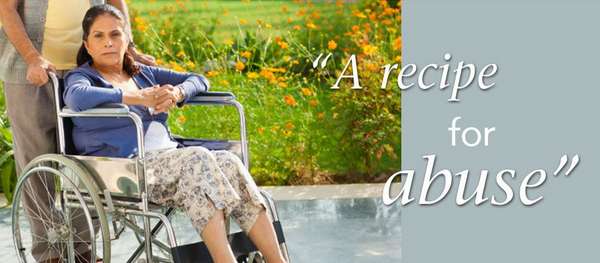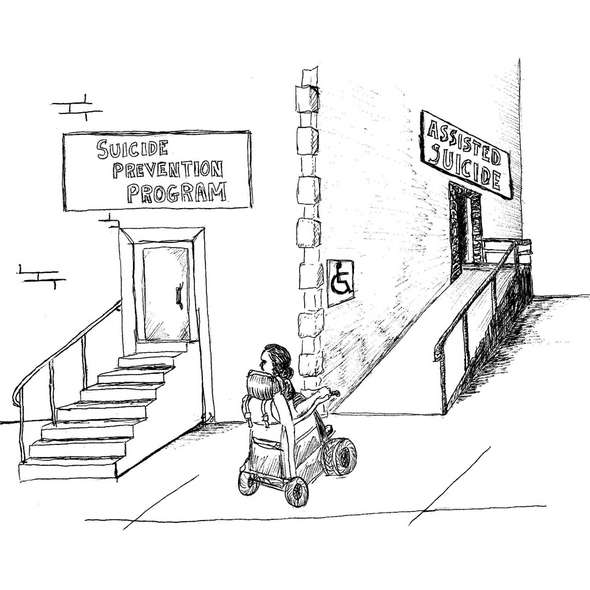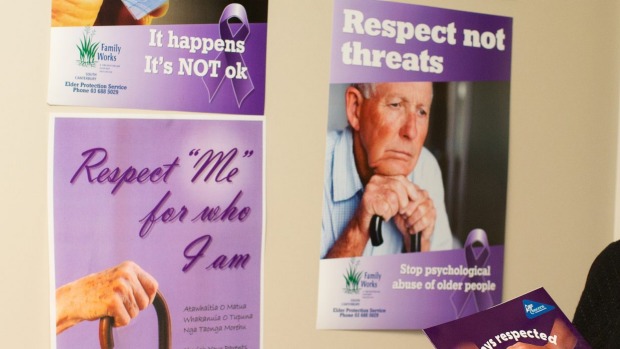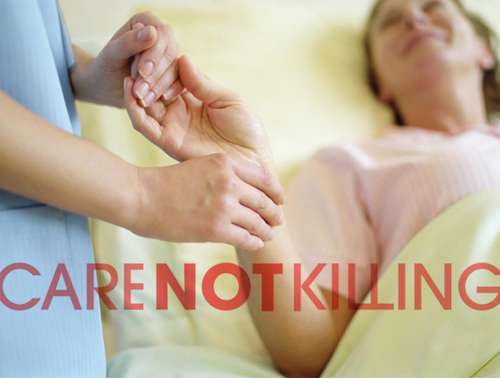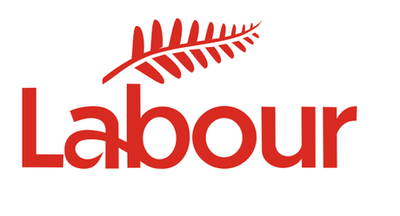NZ Herald 24 June 2017
Family First Comment: From a palliative care specialist who knows…
“All the genuine and compassionate reasons people have for being in favour of euthanasia can be met by good palliative care and that removes the obligation for doctors – till now only concerned with enhancing life – to instead be responsible for killing people.”
www.rejectassistedsuicide.org.nz
• Dr Catherine Byrne is a Tauranga GP who has worked at Waipuna Hospice for 15 years. She is married and has four children.
, husband of Lecretia Seales, who died last year, shortly before the Health Select Committee set up an inquiry to investigate the issue of assisted dying.
The article was headed by a big, beautiful and evocative photograph of the pair on their wedding day.
For reasons of privacy it is not possible to publish pictures of the many people who have been helped by the care and attention they have received at Waipuna Hospice, but as a doctor who has worked there for many years, I felt I could not let this article go past without pointing out that euthanasia is not the only answer to the serious concerns people have about the end of life, nor is it the most compassionate.
Death, even from cancer or other frightening diseases, does not have to be “lonely, violent and concealed from family”, nor does it have to be “excruciatingly painful”, as Governor Jerry Brown fears. The whole point of the hospice movement is to prevent those very things, by excellent medical care and by warm, compassionate psychological and social support.There is no need to legislate for euthanasia to initiate “frank and honest conversations about death” – we have these conversations every day with people at the hospice. As Vickers points out, having those conversations brings comfort and relief to people previously afraid to articulate their fears.
There is no need for anyone who receives good palliative care to die in excruciating pain; nor to die with loss of autonomy or dignity. Palliative care practitioners, from nurses and doctors to cooks and cleaners, spend their whole working lives doing everything they can to prevent any suffering at the end of life, and most people who have had contact with a hospice would support that statement. The way forward with difficult deaths should be to encourage the Government to ensure every single New Zealander who needs it has access to ever-better palliative care services.
Opponents of euthanasia are not “religious zealots”, primarily concerned with “vulnerable, passive victims”. They are people who care about the value of all lives, including the disabled, the mentally ill, the very young, the very old and, most of all, the very sick.
Based on my own experience, the people who ask for euthanasia are not those who are in an agony of pain – that has been dealt with by good medicine. They are articulate, intelligent men and women who fear they will be a financial and emotional burden to their family and friends.
The Oregon data, which Vickers quotes, shows that 61 per cent of people requesting euthanasia stated “being a burden” as their main reason for doing so. At the moment, they cannot kill themselves legally, but if they could no amount of “protective legislation” would be able to prevent them. As it is we are able to help them physically and emotionally and allow them to reach a place where they see how precious the time they all have left together can be to their family and to themselves.
Vickers states how delighted Lecretia would have been to see David Seymour’s End of Life Choice Bill drawn from the ballot. This bill requests legalised euthanasia not just for those dying from a terminal illness but for anyone with “a grievous and irremediable condition who experiences unbearable suffering that cannot be relieved in a manner they consider tolerable”. This would cover just about anything from cancer to severe arthritis.
With such weak criteria, anyone suffering from anything would be entitled to take their case to the Court of Human Rights to say they were being discriminated against if they were NOT allowed to be considered for assisted suicide. In Oregon in 2013, 17 per cent of those completing euthanasia did not have a terminal illness at all but suffered from chronic disease such as diabetes and depression. In Belgium the percentage of deaths due to euthanasia is rising by 15 per cent every year and already constitutes 2 per cent of all deaths – and legislation there now allows euthanasia for babies and young children as well as consenting adults.
READ MORE: http://www.nzherald.co.nz/index.cfm?objectid=11880452&ref=twitter
 Keep up with family issues in NZ.
Keep up with family issues in NZ.
Receive our weekly emails direct to your Inbox.
